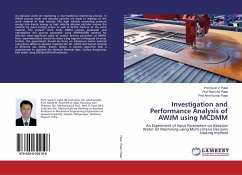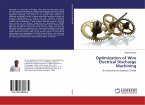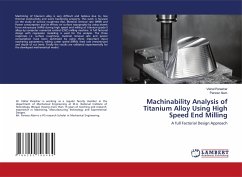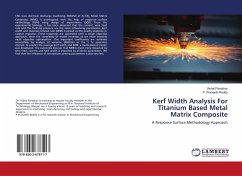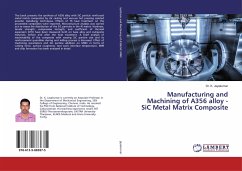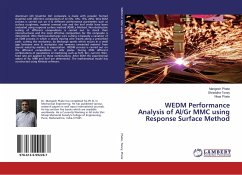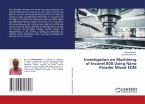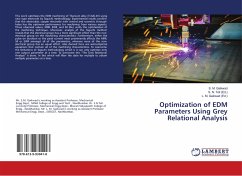An Abrasive water jet machining is non-traditional machining process. In AWJM process water and abrasive particles are made to impinge on the work material at high velocity. This high velocity converting pressure energy into kinetic energy so high velocity abrasive particles remove the material by micro-cutting action as well as brittle fracture of the work material. The present work study AWJM process parameter and optimization this process parameter using AHP/MOORA method for selection most significant value of output process parameter of AWJM. Here, experimentation should be done using taguchi orthogonal L9 array. Further, the experiments should be done on Aluminum matrix material using three different abrasive materials like SiC, Al2O3 and Garnet material of different size 2mesh, 4mesh, 6mesh. A Genetic algorithm (GA) is implemented to optimize the Material Removal Rate, Surface Roughness, Kerf width using R2010a MATLAB software.

